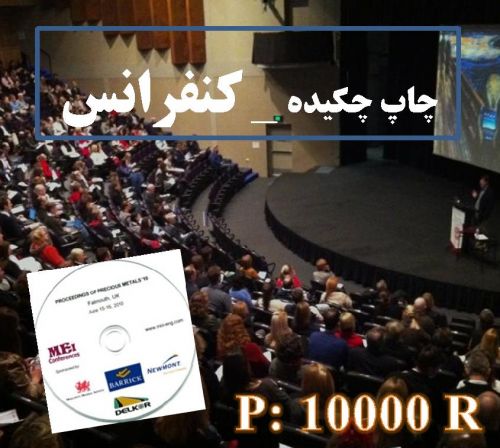Purpose: To discuss the medicinal herbs in Iran and their applications in the treatment of gastrointestinal disorders in children. Background: Gastrointestinal disorders are common diseases in children and are capable of jeopardizing their health. To reduce the threat of gastrointestinal diseases, three levels of prevention must be accomplished according to primary health care strategies. These levels can help early diagnosis and timely treatment of these diseases, and thus reduce the overall incidence of disorders. Although there were improvements in the technology of drug synthesis and production, previous studies have shown that these drugs have side effects, and therefore it is important to explore the role medicinal herbs can play in the treatment of gastrointestinal disorders in children. Design: This paper draws on research in books, journals, the internet, etc. Authors examined medicinal herbs that grow in Iran and looked at their applications in the treatment of common gastrointestinal disorders in children. Results: Data gathered showed that 0.5-1g Foeniculum vulgare and 1-2g Carvi carum prescribed for the treatment of abdominal pain. Also following medicinal herbs were suggested for the treatment of distention and colic pain: 2 gram Matricaria chamomilia, 2-4 gram Origanum majorana, 2-4 gram Melissa officinalis. Result showed that 2-4 gram Thymus serpyllum,1-4 gram Pulegium Mentha, 2-4 gram Officinalis Lavandula,2-4 gram Mentha piperita, 2-4 gram Coriandrum Sativum,2-4 gram Nigella Sativa, 1-3 gram Piper Cubeba and 0.5-2 gram Graveolnce Anethum were used in treatment of distention. To reduce gastric pain, 0.5-2 gram Pimpinella Anisum, 5-10 gram Satureia hortensis and 2-4 gram Officinalis Zingiber was useful and effective. Gastritis and peptic ulcer was healed using 2-4 gram Mentha piperita and 3 gram Portulaca Oleracea . Also 10-20 gram Viola Odorata can stop gastrointestinal bleeding. All of above medicinal herbs must be mashed and drunk except Portulaca Oleracea, which must be eaten as fresh vegetables. These medicinal herbs may be used as separate or combined products. Conclusion: According to the positive effects of medicinal herbs and their low side effects, authors recommend that the members of health care systems improve their knowledge about medicinal herbs and their applications to provide health promotion in children.
کلید واژگان :Medicinal Herb, Gastrointestinal Disorders, Children, Iran
ارزش ریالی : 200000 ریال
با پرداخت الکترونیک
جزئیات مقاله
- کد شناسه : 7148476145981999
- سال انتشار : 2006
- نوع مقاله : چکیده مقاله پذیرفته شده در کنفرانس ها(فایل کامل مقاله بارگزاری گردد)
- زبان : انگلیسی
- محل پذیرش : The International Conference on the Impact of Global Issues on Women and Children
- برگزار کنندگان : co-organized by McMaster University and the State University of Bangladesh
- تاریخ ثبت : 1395/10/29 21:14:19
- ثبت کننده : دکتر محمد ذوالعدل
- تعداد بازدید : 330
- تعداد فروش : 0
